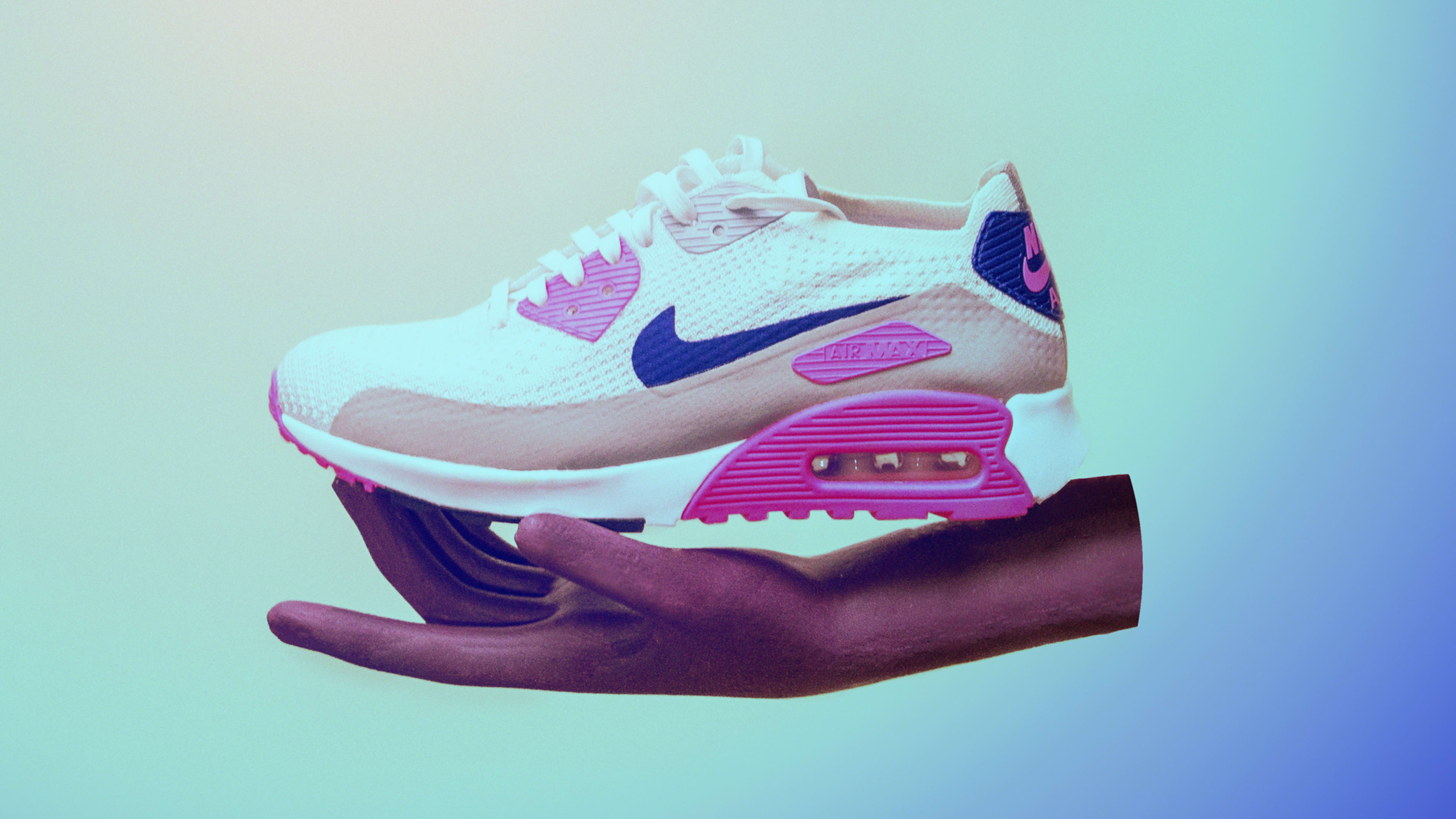Two years ago, Nike set up shop on Amazon, but the sportswear giant has determined that wasn’t a great move.
Part of the point of this strategy was to cut down on fake goods on Amazon. Many brands—including Nike—are concerned about third-party sellers offering counterfeit products on the marketplace. In response, Amazon created a list of vetted vendors, and Nike was among the first registered brands. Back in 2017, Nike began a pilot program where it sold shoes and clothes directly to Amazon. This would help Nike exercise more control of its goods on the Amazon marketplace, and make it easier to identify and remove fake listings.
Now Nike is pulling out of this arrangement after it “reportedly struggled to control the Amazon marketplace,” Bloomberg reports:
“Third-party sellers whose listings were removed simply popped up under a different name. Plus, the official Nike products had fewer reviews, and therefore received worse positioning on the site.”
In a statement to Bloomberg, Nike said this change was part of a larger overhaul of its marketing and retail strategy. Nike, which generated $36 billion in revenue last year, sells its products through a large, global network of retailers. But the company now wants to focus on creating more “direct, personal relationships” with consumers, mimicking many of the new direct-to-consumer startups that have popped up over the last decade. This means selling more through its own distribution channels, such as its e-commerce site and its brick-and-mortar stores.
Over the last few years, Nike has been investing in creative new store formats, such as a 68,000-square-foot flagship store in New York.
Amazon has massive reach in the world of online retail. But many brands are unhappy with how Amazon operates. For one thing, fake goods run rampant. I recently reported that a trade group representing 1,000 brands, the American Apparel & Footwear Association (AAFA), is calling for several Amazon sites to be placed on the U.S. government’s list of Notorious Markets, an official registry of sites known to facilitate the sale of counterfeit goods. And then there’s the fact that Amazon is notorious for identifying popular products sold by third parties on its website and then selling its own similar products at lower prices.
Nike seemed to be taking the approach that if you can’t beat Amazon, you might as well join it. Now it’s changing course. The question is whether other brands will follow suit. As Bloomberg points out, Nike is an enormous company with lots of market power, and smaller brands may struggle to operate outside of the Amazon network.
Then again, as we reported earlier this month, Amazon has increasingly formidable competition: The e-commerce platform Shopify is growing quickly around the world, offering brands an opportunity to create their own online stores that will give them a direct relationship with their customers. So it is possible that Nike will drive other brands to leave Amazon as well.
Recognize your brand’s excellence by applying to this year’s Brands That Matter Awards before the early-rate deadline, May 3.
